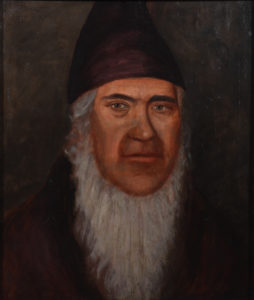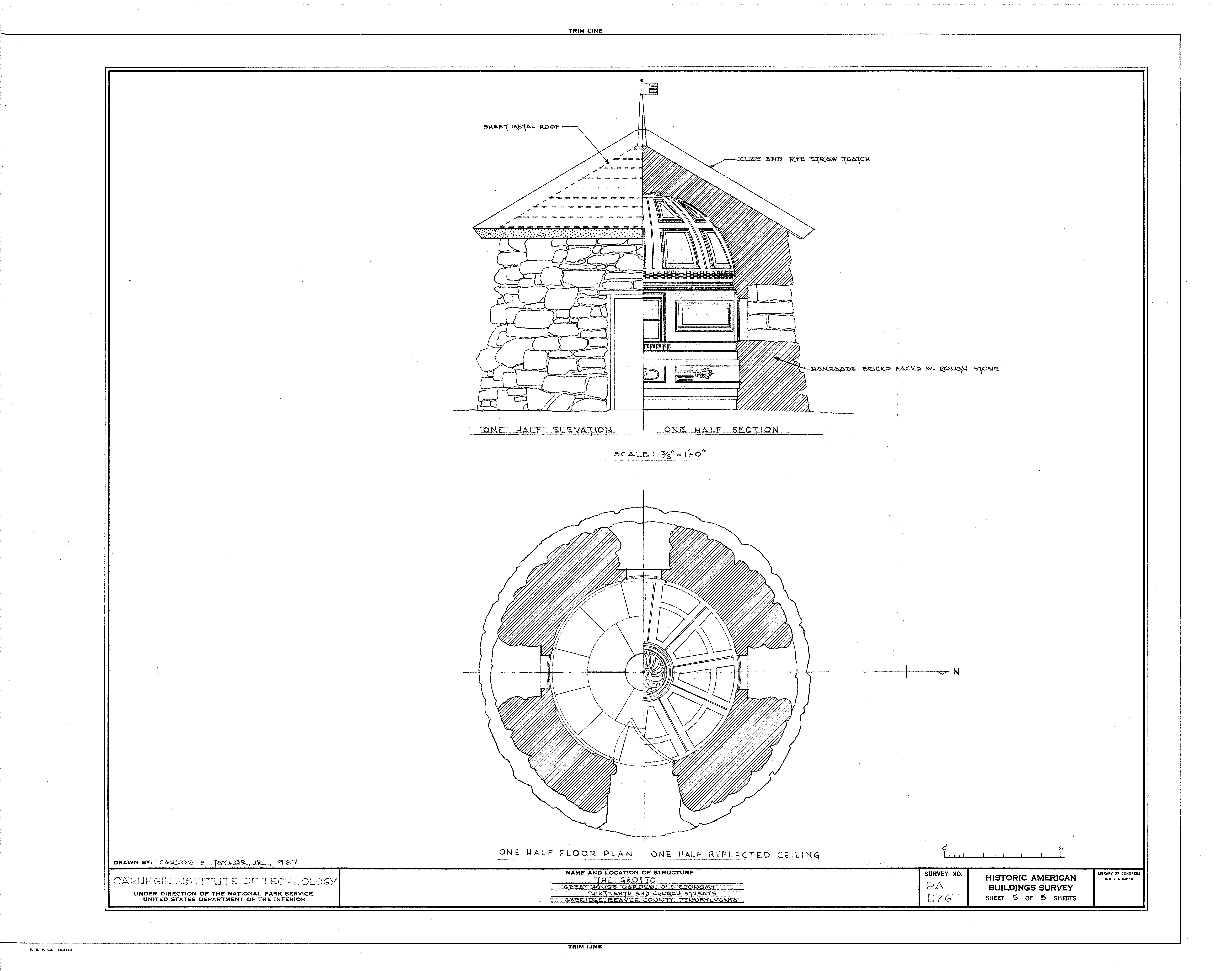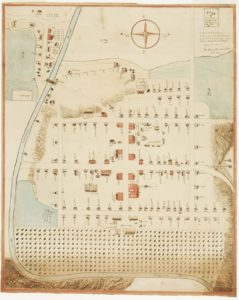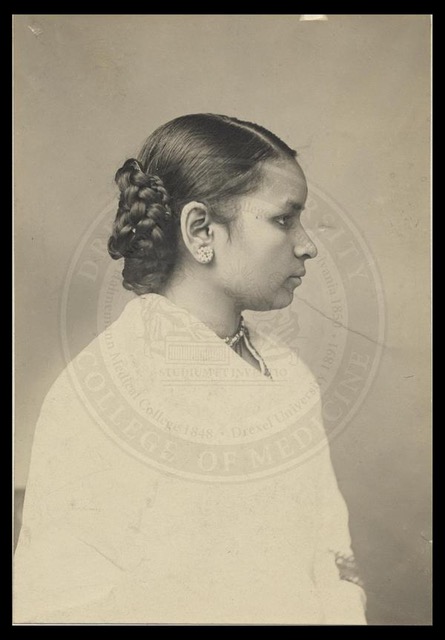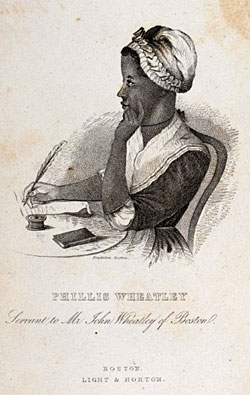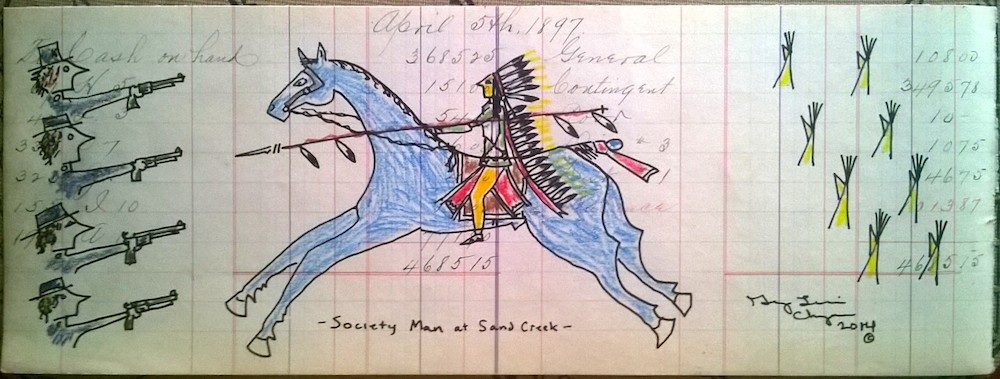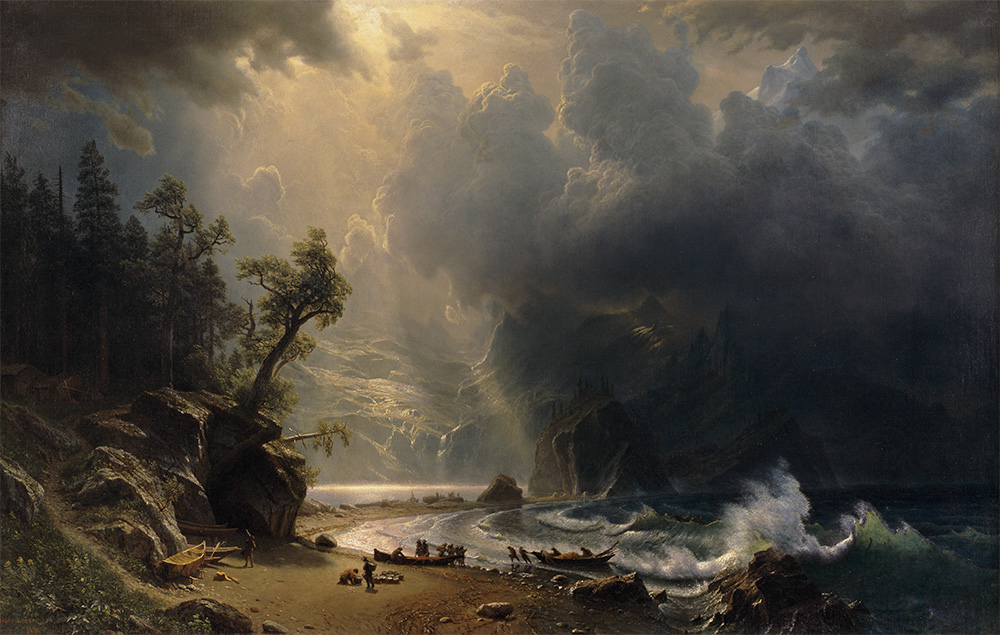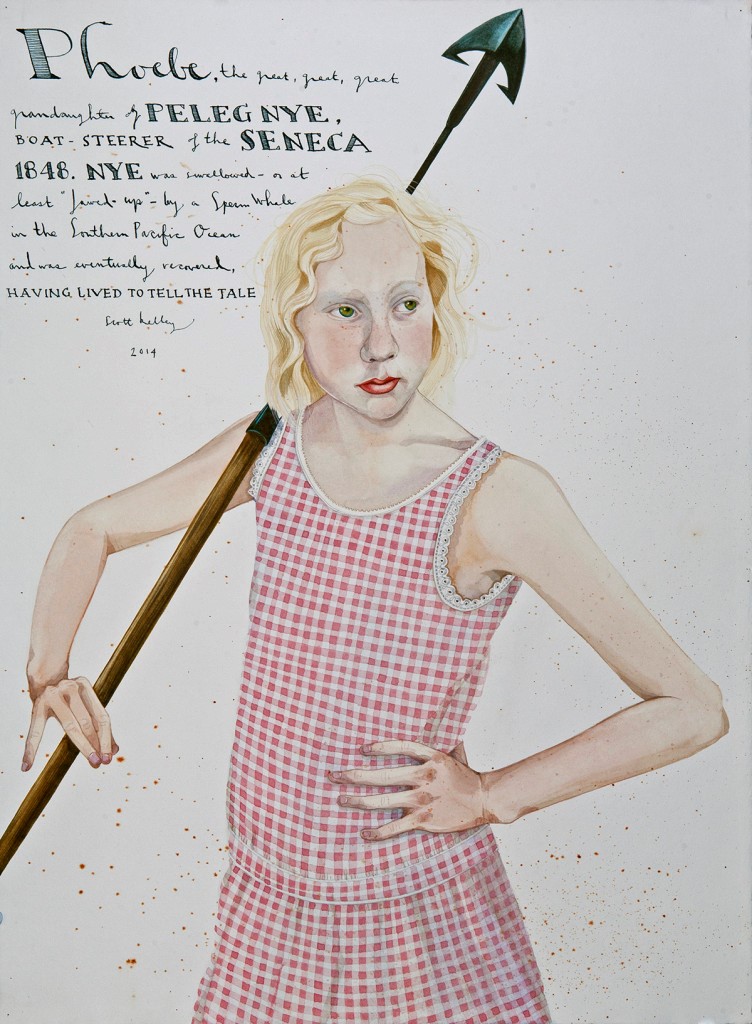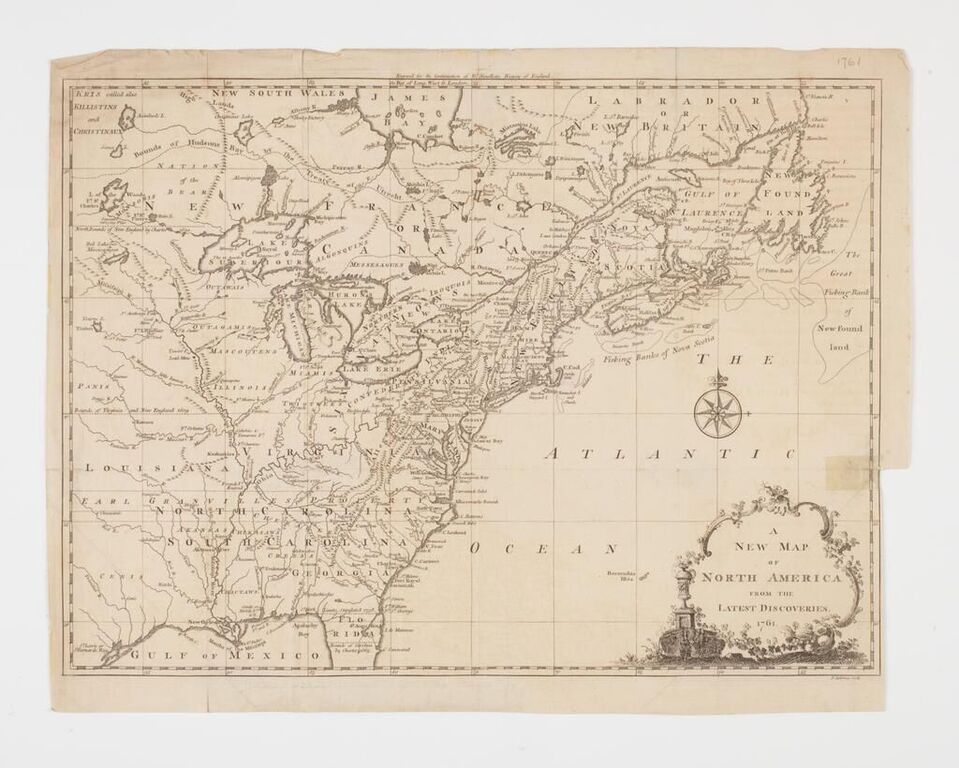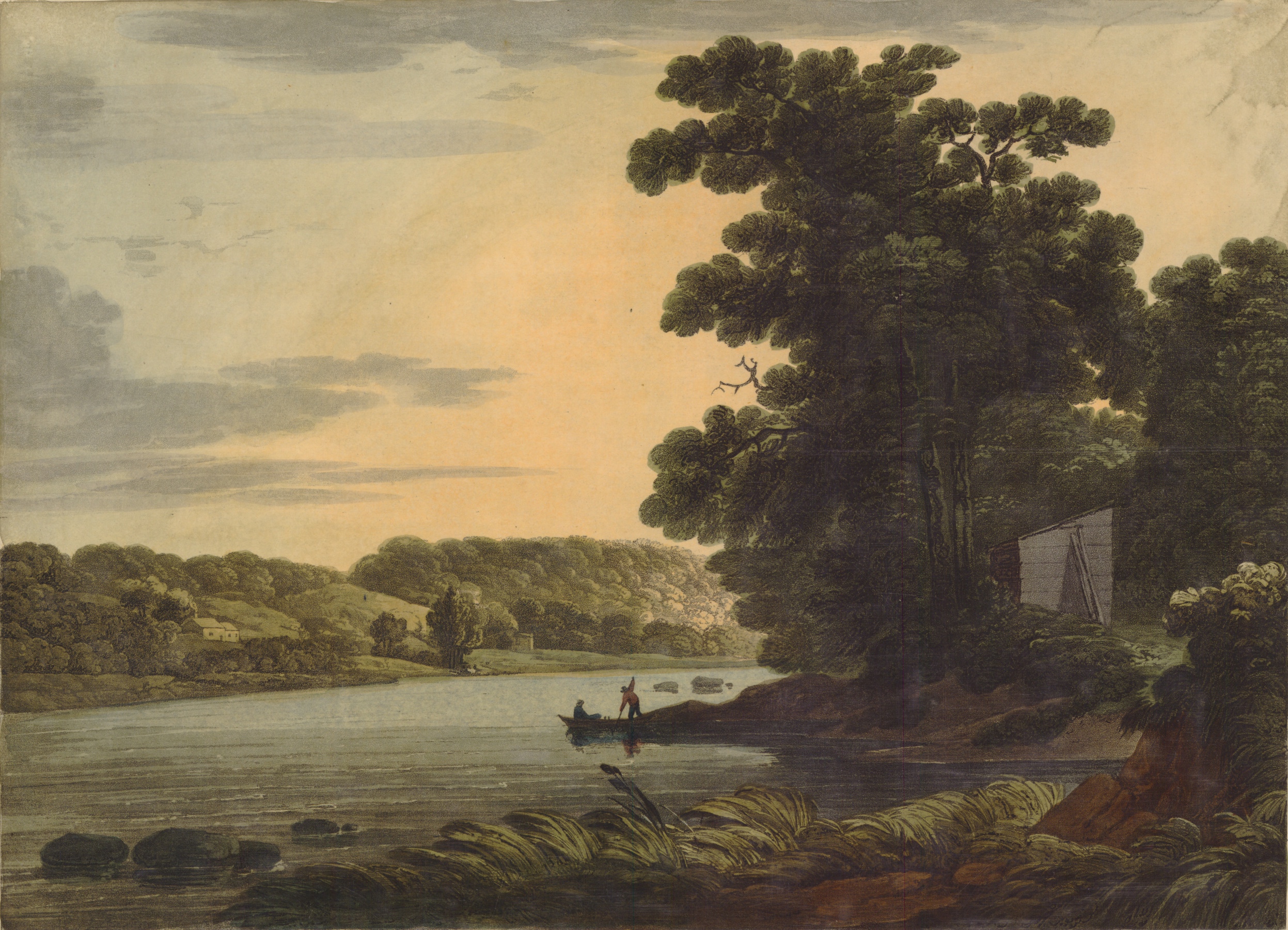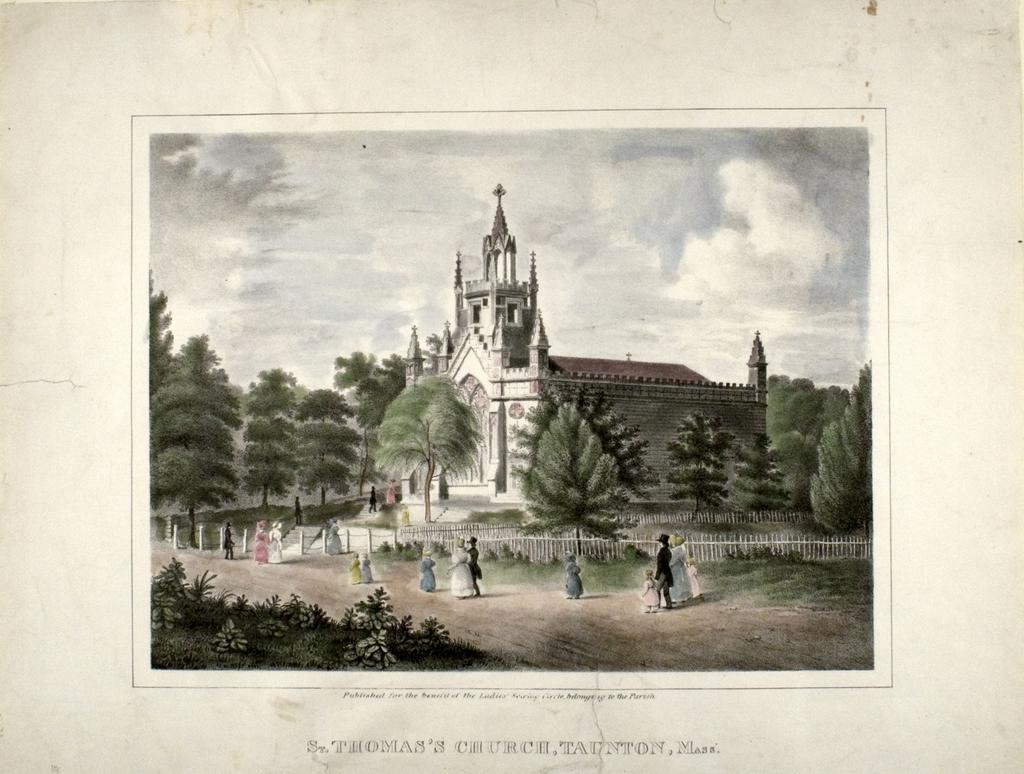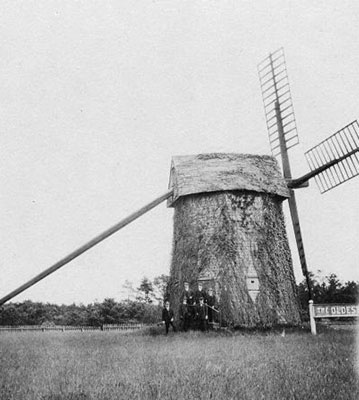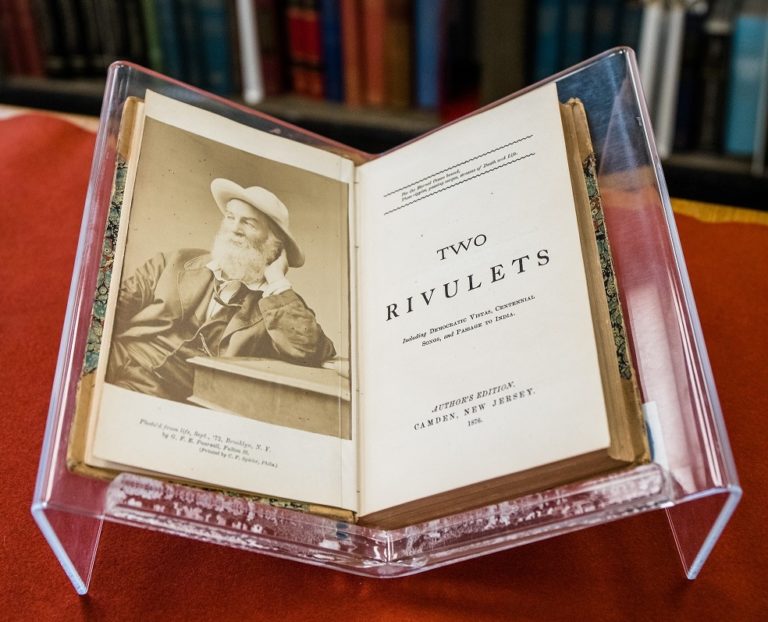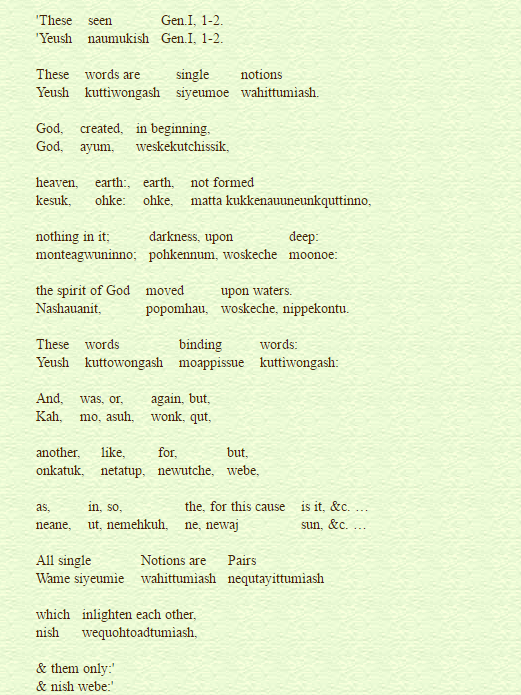The history of American utopian experiments is varied—quixotic, even. And it is almost always told, when it is told, from the point of view of the losers, since most American utopian communities ended sooner or later (usually sooner) in wreckage. I was especially interested in those that lasted awhile—in the Shakers, for instance, or the Black town movement in the late nineteenth and early twentieth centuries. And I was especially interested in the limitations of community—the edges of the polis, however beloved: where community fails, where and whom it excludes.
The Harmony Society’s history was one of (initially) radical inclusion and economic struggle, and then of substantial economic prosperity, succeeded by an extended period of declension and radical exclusion following a major schism in 1832, after which new members were discouraged. Ironically, what the society lost over time in terms of its spiritual aspect (not to mention its membership) was balanced by the success of its economic investments, which remained lucrative, in particular its investment in coal and oil reserves at the onset of the nation’s rapid industrialization. Its sense of itself as a community evolved over time in conjunction with its spiritual and economic bases. Ultimately its fit with American capitalism was perhaps too neat. This arc places it in close parallel with another, more infamous utopian experiment, John Humphrey Noyes’s Oneida Community, although I suspect Rapp himself would have preferred a comparison with the Shakers, or with Iowa’s Amana Society.
It was winter when I was in residence at Old Economy Village, with drifts of dirty snow across the borough of Ambridge. While the core of the Harmonist village remains to some extent fixed in time (by virtue of state preservation), the more outlying bits, including many original Harmonist houses, are now interwoven with early twentieth-century company housing, much of it decaying. The bulk of the abandoned steel mill rises to the immediate north. The Harmonists’ church was acquired and repurposed by Lutherans. The cemetery, devoid of markers, is unsignposted; I walked past it repeatedly (thinking it was an empty lot) before someone corrected my misapprehension. The site of the original labyrinth is now Ambridge High School’s football field. One could say the tension between devotion and commerce, between visionary aspiration and the marketplace, isn’t done yet on this site, although the Harmonists’ voices have ceased.
Further Information
Old Economy Village’s website is here. Because the Harmony Society’s archives survived mostly intact, it has been a favorite among historians, as reflected in the partial bibliography reproduced at the end of its Wikipedia entry.
For those interested in the Harmonist labyrinths, a useful introduction may be found here.
The archives at Old Economy Village are part of the Pennsylvania State Archives. For more information, see its site.
The Harmony Society’s dedication to musical culture (of all kinds) is one of its sustained, and sustaining, threads, and the musical archives of the Society are vast—although in the early decades, as with nearly all other materials, they are in German. Some of the intriguing materials I did not consult, but wish I had, were the “Cook Book of Philippine Claus” (1880), “Instructions for Dyeing Silk” (ca. 1830), the “Maker’s Marks” associated with Economy’s handicraft industries, the “Medical Books” (divided into two classes, one enumerating “herbs, plants, and fruits,” the other “recipes and cures”), a play written by a member (dated 1804), various folders of poems and prayers written by Harmonists, various registers of meteorological phenomena (including several “Thermometer Books”), and a folder mysteriously labeled “Survey Questionnaires, 1845-1880.”
From “Kingdom”
GEORGE RAPP (III)
Five gnomons, best
as settlement.
There is no war.
Mercy corresponds.
Sweep the loam
with vigor.
Lambs plot there.
Or the vats twang.
Glow is any glass
the night measures.
Preach it
to the prime loss.
Blend of tendency.
To settle & to mourn.
Great breaths
of them, did you.
Fire has a surface,
yes or no.
Let a wind chasten.
Is not a cloister
sentence represents.
A suit
against water,
every blue triumph,
what will you wear
master citizen.
Will you expose
the animals. Acute
angle. Refusal,
that ministry.
Gather it in you.
Gloss its wreaths.
Is breaking
is broken before.
& after, a hospital.
Austere
in the way of things,
an orchard’s worth.
The blond
color of darkness.
Completed, waiting.
GEORGE RAPP (IV)
To tame a merit.
Rapprochement lit
from within.
Wive the apologia
& then
reason adjacent
adjusts accordingly.
Not separate,
balance captivates.
Would you call it
education.
Or, a stamina.
Now the priests
unfasten.
They have heard
together
listening. Whip
measure’s
fine stitch. A canon
of empathy borders.
Would you
acclaim (it; others).
Practice
change in turn,
include carpenters.
Together, a touch.
A tone.
Not separate
the future’s gap
bright among flies.
& so it lingered.
A wide door
smelling of lilac.
It was not cruel,
never. But smaller.
Fancy
what would
become of that.
Years drenched in
when. Some family.
GEORGE RAPP (X)
An obligation to come
is what we announced,
he must come,
they must come,
there must be coming,
there must be arrival.
Very well
said day, a mistake.
Tomorrow is careful.
A few steps up
& there, you have it.
There beneath
the flying of a silk kite.
We are not
so confused. Only,
we await. They must
come, they must
arrive. We have set
music to watch
for them, their arrival.
We have beaten
every bound. Water
is warmer in summer.
Acquaintance
protects the verb
from its source.
Make a copy
of your country, sir.
In colored inks.
Did they yield, then.
It was October.
Senses were royal.
A blade crept in still.
Only small wars
now. You catch them
with a knotted string,
with a loud brass tray.
We continue
to await. Prepare
to await, yes,
I saw it in Pittsburgh.
Why install
a cross when you can
install a cross.
I don’t mean one
alone. I mean many
people on foot
mostly. Or by river
on boats awfully large
or else quite small.
GEORGE RAPP (XI)
Alchemy the rejection
of time
within time. It leads
to a cup. Water inside
the question:
how much water.
You can sacrifice a lot
in Beaver Falls.
Dear girl, dear refugee.
Let us rise
into the English
tongue, fleshy shelter.
Not above
reading in newspapers.
I have received
your announcement.
What might the stage
withhold.
I mean from us.
Or from others, yes.
To be ill or to be burnt.
A lot is like this,
apricot roots
twining. Please
do not return, please
do not make any
unnecessary
& invariably foolish
decisions
such as a change
in your name.
Signed carelessly.
& yet the rich emotion.
How splendid
the performance,
did you find a life
there. Swallows
abusing the eaves
joyfully. A presence.
As a bruise
in an aching sinew.
Would you lave it.
Would you
kindly disabuse
that remedial thorn.
GEORGE RAPP (XII)
If objects attract then
I needs nothing.
A chair. A tumbler.
Grace bewilders,
this much is veritable.
Of course saints
wander. Literature
is the true map
of this. Like all maps
it is dead, but only
just. Pronounce
the faiths of the dead.
In the rye field
an oblation of breath.
Outside vs. inside,
objects in the sense
that senses intromit.
My vest & cap.
My hand against
the frozen, shriveled
figs on their bough.
They are still.
They are still enough.
They are both
higher & lower.
Ruin of purslane
amidst the invisible.
Yes of course
all prepositions
are haunted. One loop
secures another
& in this way
the deep fish marvel.
C/O GEORGE RAPP, ECONOMY, PA.
Recollect choirs.
Distilling a majority.
Recollect choirs
in the vicinity. Type
of choir, vicinity.
Recollect pleasing
moments in which
tones figure. Figure
of a tone, winter
summer spring fall.
We pass in this
as laughter. Or,
something doubtless,
a plan. A brother.
Emigration catches
its breath with one
callused hand.
Where is the other.
Soprano descant
in the blown thicket,
dried apples cast
down a balcony.
Be quiet now & rest.
In the span’s umbra.
As befits souls
a lengthening flare.
Taxidermied break.
What do you see.
I see nation, I count
guns in the snow.
All of it as essence.
What then
can rest clasp
to itself, a flange,
what dim academy.
Peace in trenches.
In shops. In arbors.
What news is this.
Break the butcher
down, in catalogues.
A form of speech.
A form speech took
while recollecting.
This article was originally published in February, 2022.
I’m the author of seven full-length poetry collections, most recently feast gently (Tupelo, 2018), which won the William Carlos Williams Award from the Poetry Society of America, and The Earliest Witnesses (Tupelo/Carcanet, 2021). Other recent work has appeared or is forthcoming in APR, Paris Review, Poetry, The Nation, New England Review, Yale Review, Iowa Review, Conjunctions, New American Writing, etc. I live in Lewisburg, Pennsylvania and teach at Bucknell University. As you know, my Ph.D. is in U.S. history, from Duke, and I’m also the author of a historical monograph, Southern Workers and the Search for Community (University of Illinois Press, 2000). In 2021 I was a visiting fellow at Clare Hall, Cambridge.



